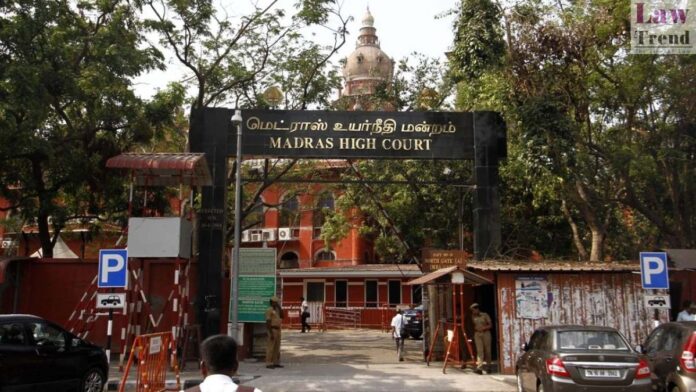In a significant push towards inclusive governance, the Madras High Court has called upon the Union Government and the Chief Commissioner for Persons with Disabilities to take concrete steps to ensure four per cent reservation for Persons with Disabilities (PwDs) in the elected boards of statutory bodies such as the Bar Council of India and the National Medical Council.
The directive was issued by a division bench comprising Justices G.R. Swaminathan and V. Lakshminarayanan while disposing of a Public Interest Litigation (PIL) filed by B. Rameshbabu, a polio-affected petitioner. The petitioner had raised concerns over the lack of representation for PwDs in several key regulatory bodies, including the Dental Council of India and the Pharmacy Council of India. He sought action on his representation dated March 10, 2025, requesting that persons with disabilities be included as elected representatives in bodies constituted under Central and State legislation.
While the court acknowledged the limitations in issuing a writ of mandamus without an enforceable legal right, it emphasized its constitutional responsibility to “nudge” the authorities toward social justice and inclusion. Drawing a parallel with the Supreme Court’s May 6, 2025 direction mandating the inclusion of women in the Executive Committee of the Supreme Court Bar Association, the bench underlined the judiciary’s role in upholding the spirit of equity.
“The demand made by the petitioner is fully supported by the Rights of Persons with Disabilities Act, 2016,” the court observed, citing Sections 32 and 34, which guarantee four per cent reservation in higher education and government employment, and Section 33, which mandates identification of suitable posts for PwDs. The judges also highlighted Section 75, which entrusts the Chief Commissioner with the duty of raising awareness and safeguarding disability rights.
“It is only just and proper,” the court remarked, “that apart from finding a place in educational institutions and in employment, persons with disabilities also find a place in the elected bodies.”




